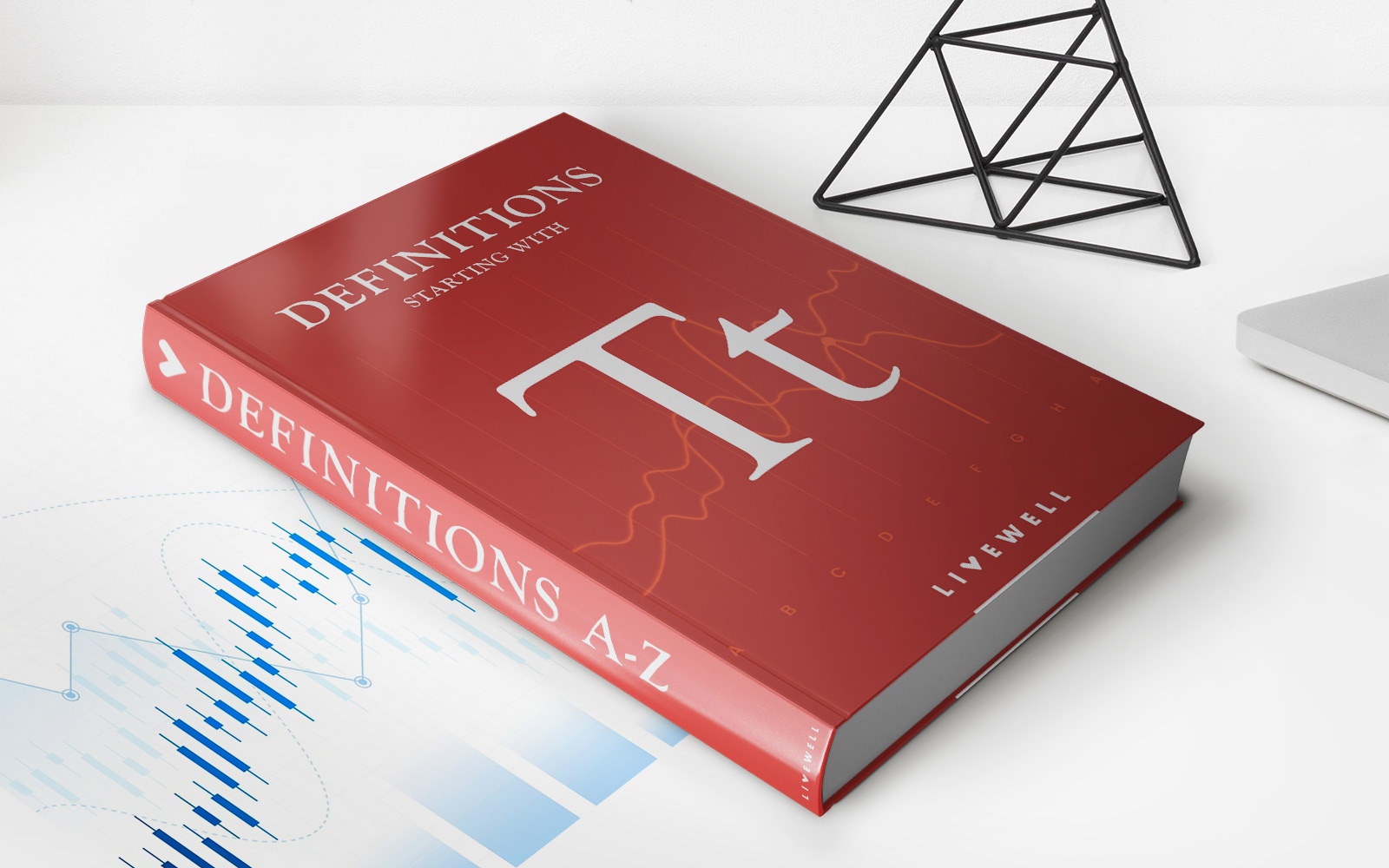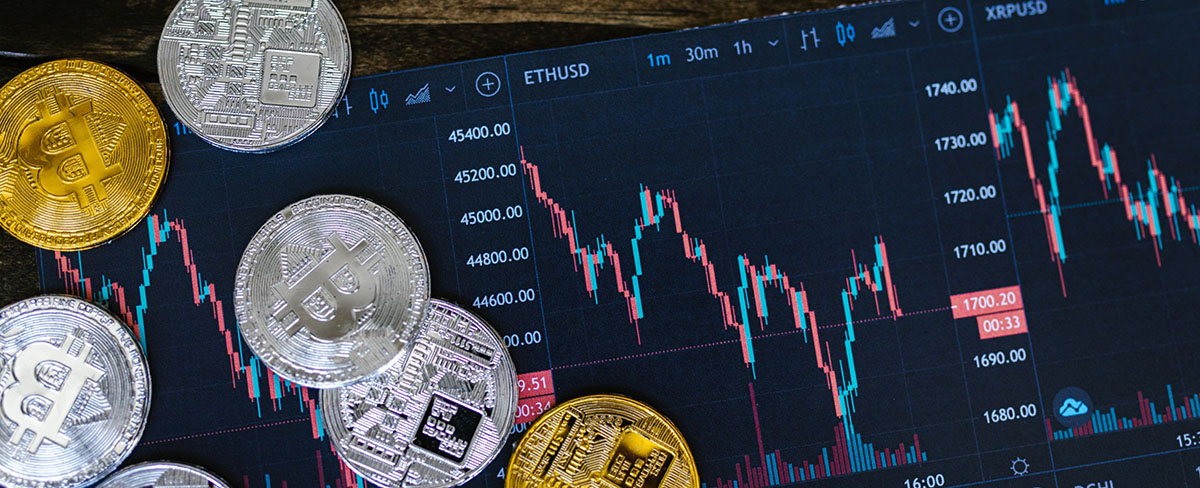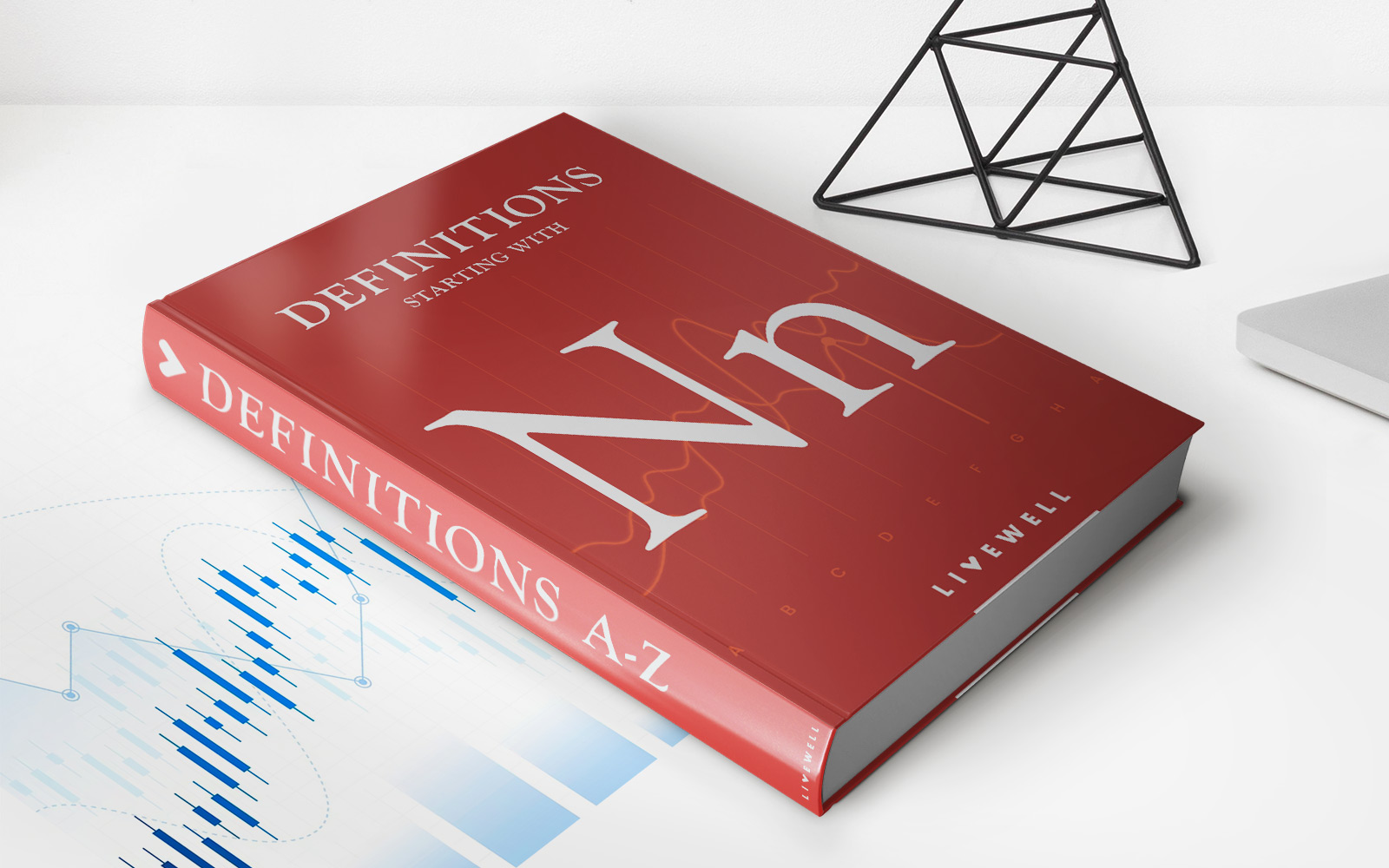

Finance
Trumpflation Definition
Published: February 11, 2024
Discover the meaning and impact of Trumpflation in the world of finance. Understand how this term describes the inflationary effects of Trump's economic policies
(Many of the links in this article redirect to a specific reviewed product. Your purchase of these products through affiliate links helps to generate commission for LiveWell, at no extra cost. Learn more)
Understanding Trumpflation: What Is It and How Does It Impact Your Finances?
Welcome to our finance blog, where we aim to provide valuable insights and information on various financial topics. In this post, we will take a deep dive into a concept that has gained significant attention in recent years: Trumpflation. Whether you’re an investor, a business owner, or simply someone who wants to stay informed about the economy, understanding Trumpflation is essential. So, let’s explore what Trumpflation really means and how it can affect your finances.
Key Takeaways:
- Trumpflation refers to the potential economic impact of policies pursued by former President Donald Trump.
- It includes a combination of tax cuts, deregulation, and increased government spending, which can lead to inflationary pressures.
What is Trumpflation?
Trumpflation is a term coined to describe the economic policies pursued by former President Donald Trump and their potential impact on the economy. During his tenure, Trump implemented a series of measures aimed at stimulating economic growth, including tax cuts, corporate deregulation, and increased government spending. While these policies had varying effects on different sectors, they collectively gave rise to the concept of Trumpflation.
How does Trumpflation impact your finances?
Understanding the potential impact of Trumpflation on your finances is crucial for making informed decisions. Here are some key points to consider:
- Inflation: One of the main concerns associated with Trumpflation is the potential increase in inflation. The combination of tax cuts and increased spending can lead to an influx of money in the economy, which, in turn, may result in rising prices for goods and services. As a consumer, it’s important to be aware of the potential inflationary pressures and adjust your budget accordingly.
- Investments: Trumpflation can have a significant impact on different investment sectors. For example, sectors such as infrastructure, defense, and energy may experience growth due to increased government spending. On the other hand, sectors that rely heavily on international trade may face challenges due to trade policy changes. It’s important to stay updated on the latest developments and consider diversifying your investment portfolio to mitigate risks.
- Interest Rates: Trumpflation can also influence interest rates. In an attempt to control inflation, the Federal Reserve may decide to raise interest rates, which can affect borrowing costs for individuals and businesses. If you have loans or are planning to take one, it’s important to consider the potential impact of changing interest rates on your financial obligations.
- Currency Valuations: The economic policies pursued by any government, including Trumpression, can impact currency valuations. If the policies lead to economic growth and increased confidence in the US economy, the value of the US dollar may strengthen. On the other hand, if uncertainties arise, it may lead to currency fluctuations, which can affect international trade and investments.
Key Takeaways:
- Trumpflation refers to the potential economic impact of policies pursued by former President Donald Trump.
- It includes a combination of tax cuts, deregulation, and increased government spending, which can lead to inflationary pressures.
In conclusion, understanding Trumpflation is essential for anyone who wants to stay informed about the economy and make sound financial decisions. The policies pursued by former President Donald Trump had a significant impact on various aspects of the economy, ranging from inflation to investments. By staying informed and adapting to potential changes, you can navigate the financial landscape with confidence. Keep an eye on the latest developments, consult professionals when needed, and always prioritize financial planning and strategy.














